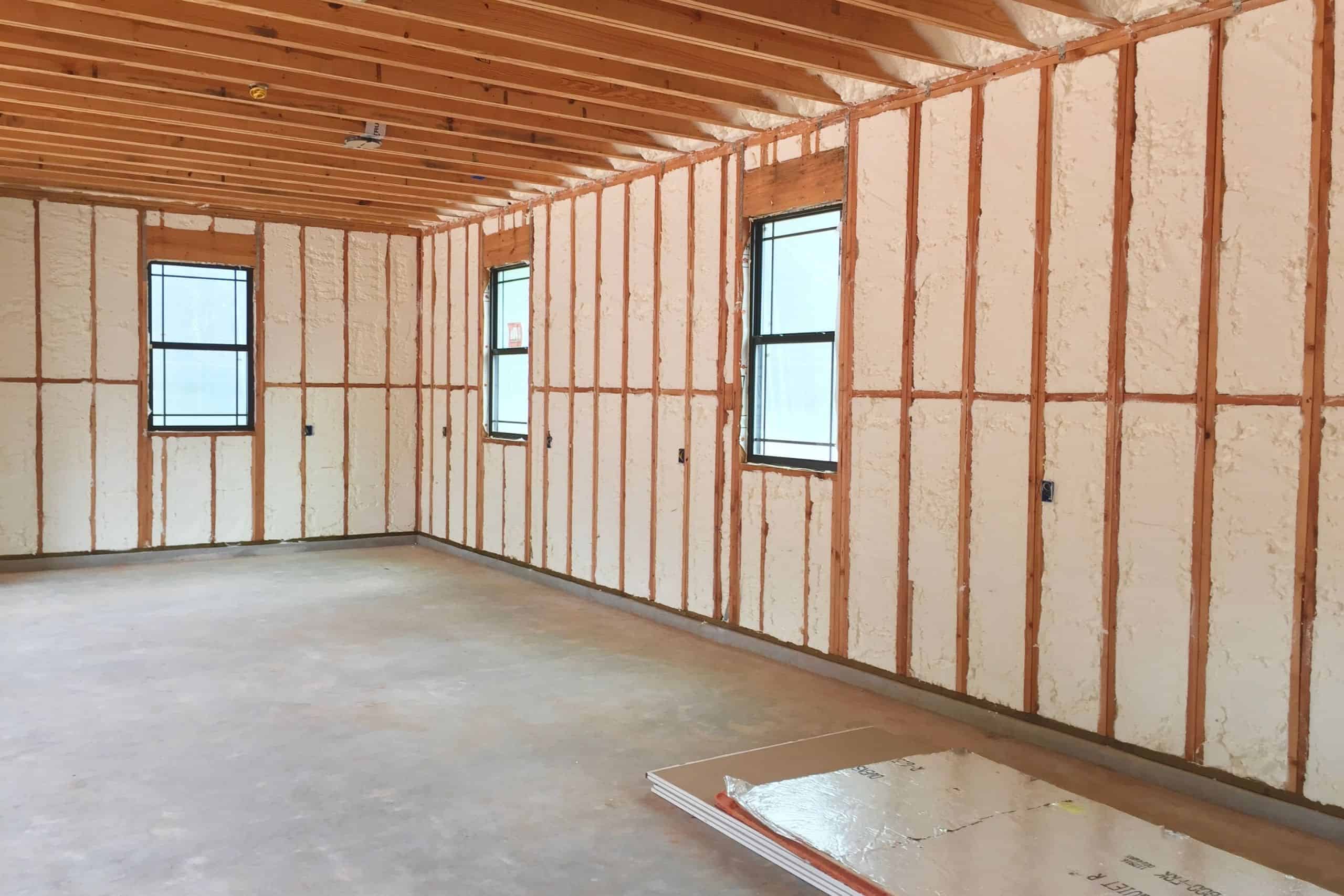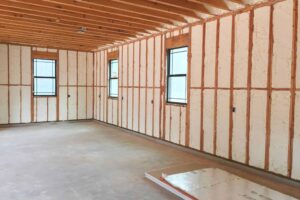Transform UAE Property Operations with Digital Solutions
The United Arab Emirates real estate market represents one of the world’s most dynamic and sophisticated property landscapes, attracting international investors, expatriate residents, and local developers who demand cutting-edge management solutions. This thriving ecosystem encompasses luxury residential towers, commercial complexes, mixed-use developments, and innovative smart city projects that require advanced technological infrastructure to operate efficiently and profitably.
Modern property management in the UAE faces unique challenges that traditional approaches simply cannot address effectively. The multicultural tenant base speaks dozens of languages, follows diverse cultural practices, and expects seamless digital experiences comparable to their home countries. Regulatory compliance spans federal, emirate, and municipal levels, with constantly evolving requirements for safety, environmental standards, and tenant rights protection.
The rapid pace of construction and development across Dubai, Abu Dhabi, and other emirates creates an environment where property managers must simultaneously handle new construction handovers, established property operations, and complex maintenance schedules across portfolios that may include thousands of units. This operational complexity demands sophisticated technological solutions that can scale rapidly while maintaining service quality and regulatory compliance.
Digital transformation has become essential for property management success in the UAE, with stakeholders expecting real-time communication, transparent financial reporting, predictive maintenance capabilities, and seamless integration with government systems. The convergence of artificial intelligence, Internet of Things devices, and cloud computing has created unprecedented opportunities for property management optimization that delivers measurable results for owners, managers, and tenants alike.
Property Management Software
Contemporary property management software represents a revolutionary leap from traditional paper-based systems and basic spreadsheet tracking, offering comprehensive digital platforms that integrate every aspect of property operations into unified, intelligent solutions. These sophisticated systems combine tenant relationship management, financial accounting, maintenance coordination, lease administration, and regulatory compliance into seamless workflows that eliminate redundancy while improving accuracy and efficiency.
The evolution of property management software has been driven by the increasing complexity of modern real estate operations and the growing expectations of tech-savvy tenants who demand digital-first experiences. Today’s platforms leverage cloud computing to provide anytime, anywhere access to critical property information, enabling property managers to respond quickly to tenant requests, track maintenance issues in real-time, and make data-driven decisions that optimize property performance and profitability.
Advanced property management software incorporates artificial intelligence and machine learning algorithms that analyze historical data to predict maintenance needs, identify cost optimization opportunities, and enhance tenant satisfaction through personalized service delivery. These intelligent systems can automatically schedule preventive maintenance, flag potential issues before they become expensive problems, and provide detailed analytics that help property managers continuously improve their operations.
Integration capabilities distinguish leading property management software solutions from basic alternatives, enabling seamless connections with accounting systems, customer relationship management platforms, maintenance management tools, and third-party service providers. This connectivity eliminates data silos, reduces manual data entry errors, and provides comprehensive visibility across all property operations that supports better decision-making and improved operational efficiency.
Mobile accessibility has become essential for modern property management software, empowering property managers, maintenance staff, and tenants to access important information and complete essential tasks from smartphones and tablets. This mobility improves response times, enhances communication, and enables more efficient field operations that reduce costs while improving service quality.
Customization options allow property management software to adapt to specific business requirements, property types, and operational preferences without requiring expensive custom development. Modern platforms offer configurable workflows, customizable reporting tools, and flexible user interfaces that can accommodate diverse property management approaches while maintaining consistency and compliance across portfolios.
Security features protect sensitive tenant information, financial data, and operational details through encryption, access controls, audit trails, and compliance monitoring. These robust security measures ensure that property management software meets regulatory requirements while protecting against data breaches and unauthorized access that could compromise tenant privacy or business operations.
Property Management Software UAE
The unique characteristics of the UAE property market create specific requirements for property management software that differ significantly from solutions designed for other global markets. The country’s rapid development, diverse population, complex regulatory environment, and ambitious smart city initiatives demand specialized functionality that addresses local challenges while supporting international best practices.
Cultural diversity represents one of the most significant considerations for property management software in the UAE, where tenant populations may include dozens of nationalities with varying language preferences, communication styles, and cultural expectations. Leading software solutions provide multilingual interfaces supporting Arabic, English, Hindi, Urdu, and other commonly spoken languages, ensuring that all tenants can access services and information in their preferred language.
Regulatory compliance in the UAE involves multiple layers of government oversight, from federal regulations governing tenant rights and safety standards to emirate-specific requirements for property registration and maintenance standards. Property management software designed for the UAE market includes built-in compliance monitoring, automated reporting capabilities, and integration with government systems such as the Dubai Land Department and Abu Dhabi Municipality platforms.
The UAE’s focus on sustainability and environmental responsibility has created new requirements for property management software that can track energy consumption, monitor environmental performance, and support green building certification programs. Advanced platforms provide detailed utility monitoring, carbon footprint tracking, and sustainability reporting that help properties achieve and maintain certifications while reducing operating costs.
Payment processing represents another area where UAE-focused property management software must accommodate local preferences and banking systems. Solutions designed for the UAE market support multiple payment methods including bank transfers, credit cards, mobile payments, and emerging digital payment platforms while ensuring compliance with UAE Central Bank regulations and anti-money laundering requirements.
The UAE’s ambitious smart city initiatives, particularly in Dubai and Abu Dhabi, create opportunities for property management software to integrate with broader urban technology ecosystems. Leading solutions provide APIs and integration capabilities that connect with traffic management systems, emergency services, utilities, and other municipal services that enhance the overall living and working experience for property occupants.
Seasonal variations in the UAE property market, driven by factors such as Ramadan, summer heat, and expatriate work cycles, require property management software that can accommodate flexible lease terms, seasonal pricing adjustments, and varying occupancy patterns. Sophisticated platforms provide forecasting tools and flexible configuration options that help property managers optimize their operations throughout the year.
Property Management Software Dubai
Dubai’s position as the Middle East’s premier business and tourism destination creates unique demands for property management software that must support world-class hospitality standards while managing complex mixed-use developments, luxury residential properties, and cutting-edge commercial spaces. The emirate’s reputation for innovation and excellence requires property management solutions that deliver exceptional experiences for tenants while optimizing operational efficiency for property owners and managers.
The Dubai property market’s international character means that property management software must accommodate the needs of global corporations, international residents, and tourist accommodations simultaneously. This diversity requires flexible lease management capabilities, multi-currency support, and integration with international payment systems while maintaining compliance with local regulations and cultural sensitivities.
Dubai’s focus on becoming a smart city has accelerated the adoption of Internet of Things devices, artificial intelligence, and automation technologies in property management. Leading software solutions in Dubai integrate with smart building systems, automated parking management, advanced security systems, and environmental controls that create seamless, technology-enhanced experiences for property occupants.
The luxury market segment in Dubai demands property management software that can support concierge services, exclusive amenities management, and high-touch customer service delivery. Premium platforms provide customer relationship management capabilities specifically designed for luxury properties, including preference tracking, personalized service delivery, and integration with lifestyle services that enhance the resident experience.
Dubai’s rapid construction pace and constant development activity require property management software that can handle complex project transitions from construction completion to operational management. These solutions provide handover management tools, defect tracking systems, and warranty management capabilities that ensure smooth transitions while protecting property owners’ interests during critical early operational periods.
The emirate’s business-friendly environment attracts companies that require flexible, scalable property management solutions capable of supporting rapid growth and changing requirements. Cloud-based platforms designed for the Dubai market provide unlimited scalability, rapid deployment capabilities, and flexible pricing models that accommodate businesses of all sizes and growth trajectories.
Integration with Dubai-specific systems and services represents a crucial capability for property management software operating in the emirate. Leading solutions provide direct connections with DEWA for utility management, Dubai Municipality for regulatory compliance, Dubai Police for security coordination, and various other government and service provider systems that streamline operations while ensuring compliance.
Implementation Strategies and Best Practices
Successful implementation of property management software in the UAE requires careful planning that considers the unique cultural, regulatory, and operational characteristics of the local market. Organizations should begin with comprehensive assessment of their current processes, identification of specific UAE-related requirements, and clear definition of success metrics that align with local business practices and regulatory expectations.
Change management becomes particularly important in the UAE’s multicultural work environment, where staff members may have varying levels of technology familiarity and different cultural approaches to adopting new systems. Training programs should be multilingual, culturally sensitive, and designed to accommodate different learning styles and technical skill levels across diverse teams.
Data migration in the UAE context often involves consolidating information from multiple sources, including paper records, basic digital systems, and various government databases. This process requires careful attention to data accuracy, format standardization, and compliance with local data protection requirements while ensuring continuity of operations during the transition period.
Conclusion
The transformation of UAE property management through advanced software solutions represents a strategic imperative for organizations seeking to maintain competitiveness in one of the world’s most dynamic real estate markets. The convergence of local market requirements with global technology capabilities creates unprecedented opportunities for property managers to achieve operational excellence while delivering exceptional tenant experiences.
Organizations that embrace comprehensive property management software solutions position themselves to capitalize on the UAE’s continued growth while building operational resilience for future challenges. The integration of artificial intelligence, mobile technology, and cloud computing with deep local market knowledge creates powerful platforms that drive efficiency, profitability, and tenant satisfaction across diverse property portfolios.
Success in the UAE property market increasingly depends on the ability to leverage technology effectively while maintaining the personal touch and cultural sensitivity that tenants expect. Property management software that combines advanced functionality with local expertise provides the foundation for sustainable competitive advantage in this dynamic and rewarding market.
Frequently Asked Questions
1. What are the key features to look for in property management software for the UAE market? Essential features for UAE property management software include multilingual support (Arabic and English minimum), VAT compliance and reporting, integration with local banks and payment systems, tenant portal with mobile app, maintenance management with vendor tracking, financial reporting aligned with UAE accounting standards, document management with digital signatures, and integration capabilities with government systems like Dubai Land Department. Additional important features include utility bill management, visitor management systems, and support for multiple property types including residential, commercial, and mixed-use developments.
2. How much does property management software cost in Dubai and the UAE? Property management software costs in the UAE vary significantly based on property portfolio size, feature requirements, and deployment model. Basic cloud-based solutions start around AED 200-500 per month for small portfolios, while comprehensive enterprise solutions can range from AED 2,000 to AED 15,000+ monthly for large property management companies. Implementation costs typically add 50-100% of annual software costs for setup, training, and customization. Many providers offer per-unit pricing models ranging from AED 5-25 per unit monthly, making costs scalable with portfolio growth.
3. Which property management software providers have the strongest presence in the UAE? Leading property management software providers in the UAE include international players like Yardi, RentManager, and Buildium, alongside regional specialists like Property Finder’s solutions, Propertyme, and local developers with UAE-specific functionality. The best choice depends on property types, portfolio size, and specific requirements. Many successful UAE property managers use hybrid approaches, combining international platforms with local add-on solutions for government integration and cultural customization. It’s recommended to evaluate providers based on local support availability, UAE compliance features, and Arabic language capabilities.
4. How long does it take to implement property management software in the UAE? Implementation timelines for property management software in the UAE typically range from 4-8 weeks for small portfolios using standard configurations to 3-6 months for large, complex implementations requiring extensive customization and integration. Factors affecting timeline include data migration complexity, staff training requirements, government system integrations, and customization needs for local compliance. UAE-specific considerations like Arabic language setup, local banking integrations, and regulatory compliance configuration may add 2-4 weeks to standard implementation timelines. Phased approaches often work well, implementing core functionality first and adding advanced features over time.
5. What compliance requirements should property management software address in the UAE? UAE property management software must address multiple compliance requirements including VAT registration and reporting (5% standard rate), Dubai Land Department registration and reporting for Dubai properties, municipality-specific requirements for safety and maintenance standards, UAE Central Bank regulations for payment processing, labor law compliance for staff management, and data protection requirements under UAE cybersecurity laws. Additionally, software should support RERA (Real Estate Regulatory Agency) compliance, building safety certificate management, environmental compliance reporting, and integration with various government portals for permit applications and regulatory filings. Regular updates ensure ongoing compliance as regulations evolve.













